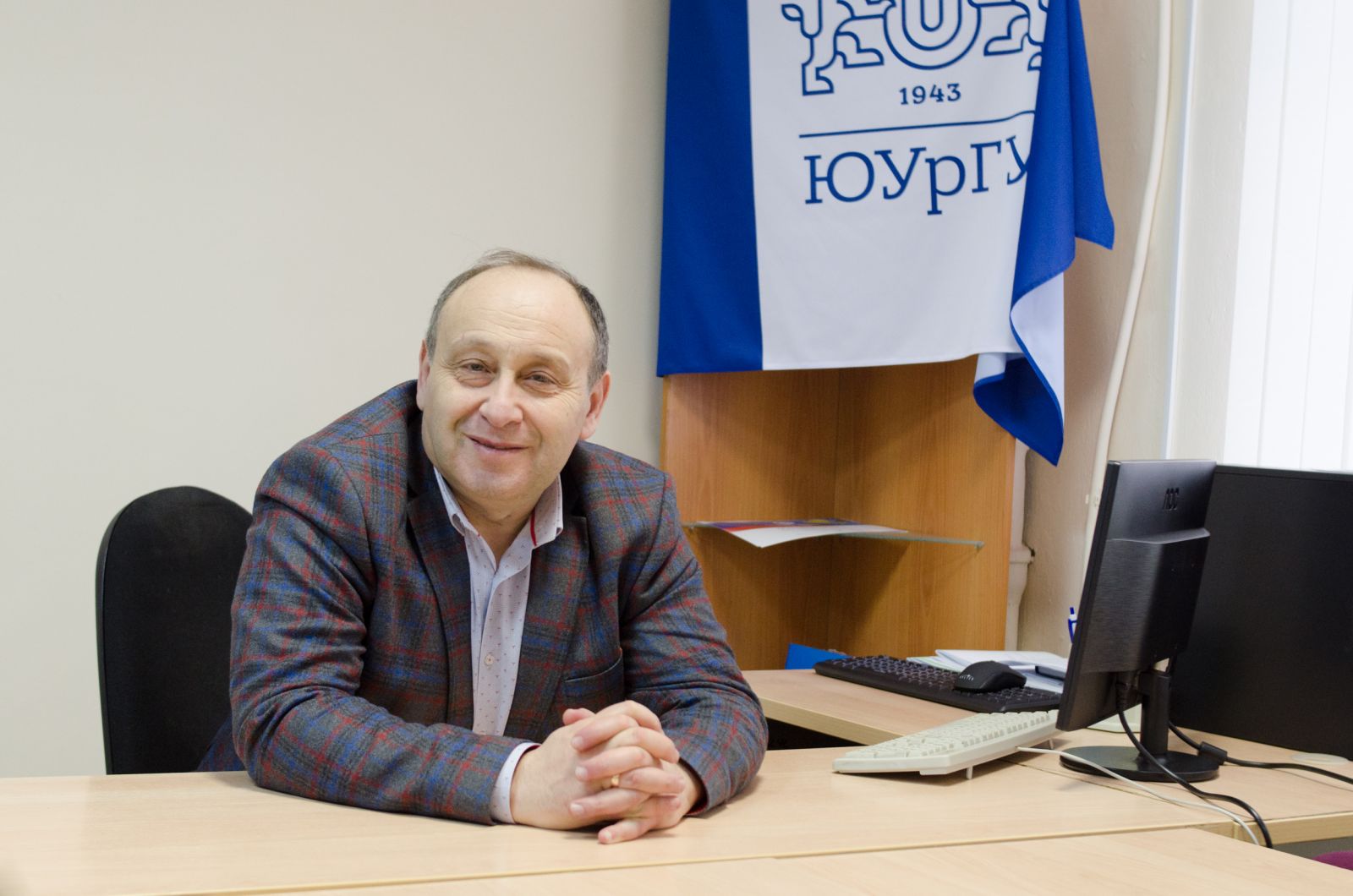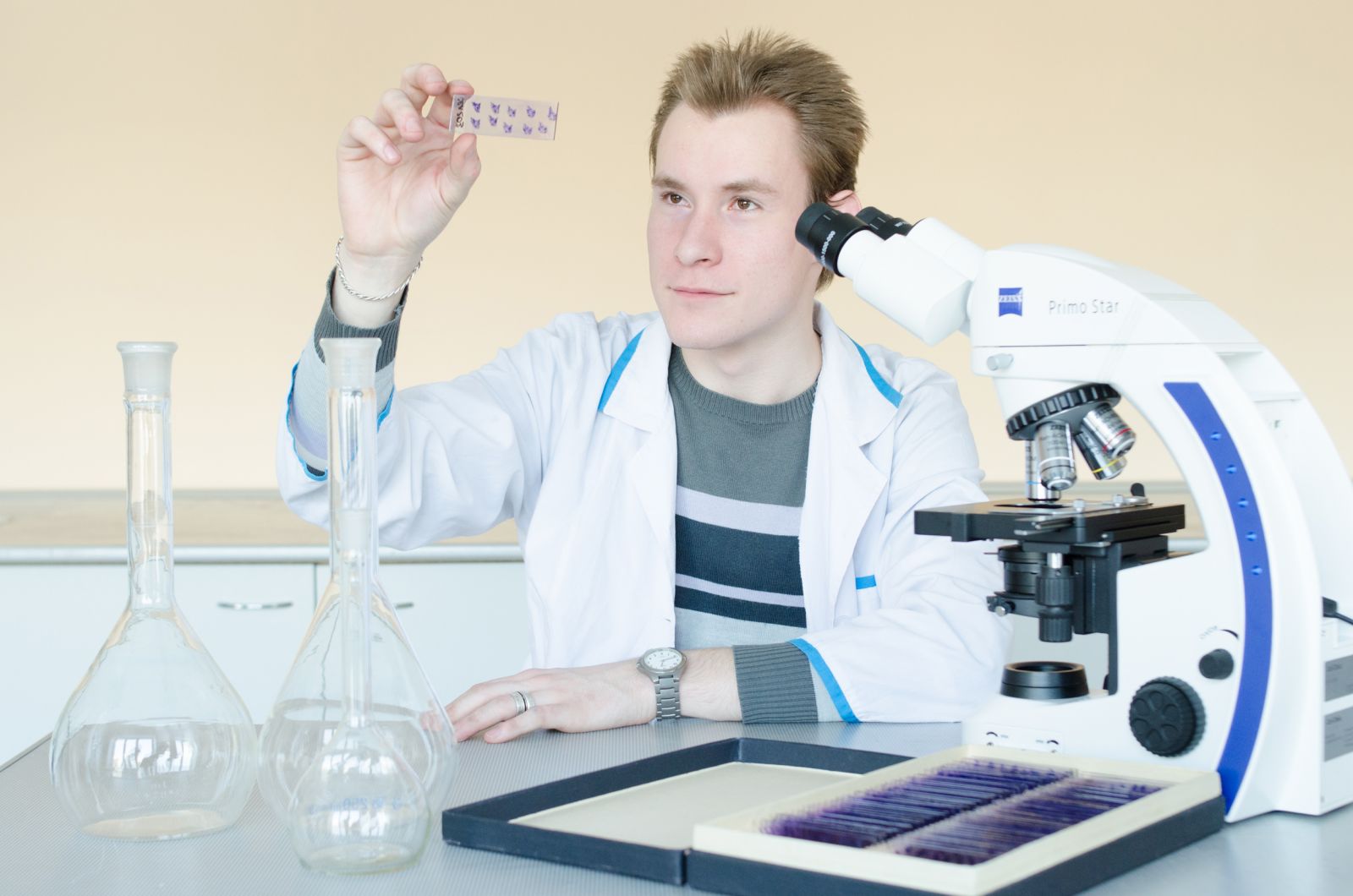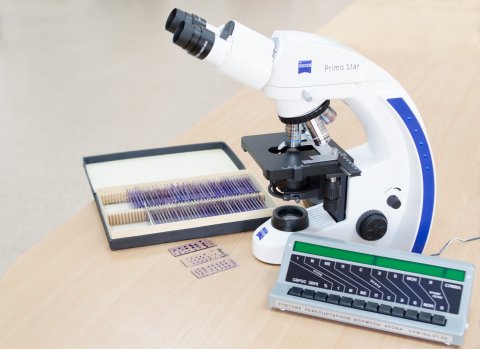Employees of Biomedical Technologies REC of South Ural State University, supervised by Doctor of Biological Sciences, Vadim Tseylikman, presented to the world society new data about mechanism of coronary vessels’ dystonia under post-traumatic stress disorders. Research was conducted in collaboration with scientists from the USA and Belarus. In January of 2018, an article on the results was published in a prestigious scientific journal entitled “Cellular and Molecular Neurobiology” indexed in Scopus database.

PTSD or “time bomb”
Posttraumatic syndrome, or posttraumatic stress disorder, is a complex of symptoms of mental activity disorders occurred as a result of one-time or repeated external super strong traumatic exposure on human mind. People with posttraumatic syndrome often suffer from disorders in the cardiovascular, endocrine, digestive and other main systems of the body.
“Syndrome of posttraumatic stress disorders is a remote effect of strong emotions; it is connected with formation of psychological traumas, thus risk of development of this disease is very high. As a rule, the syndrome develops when acuity of events seems has paled into insignificance. Therefore we call PTSD a time bomb.”
Aside from negative psychological consequences, PTSD is characterized by disorders of internal organs, in particular of the cardio-vascular system. Mechanisms of these disorders require thorough researching. At the present time, scientists in many countries of the world are conducting experimental simulation of cardio-vascular disorders during PTSD. These experiments, for example, are frequently conducted at the USA.
“These researches, as a rule, simulate only one type of the cardio-vascular system’s disorder – the hypertonic one, which means they simulate situations connected with persistent increase in arterial pressure. Meanwhile PTSD has many faces: together with arterial hypertension, there are known cases when PTSD led to not increased but reduced arterial pressure. Our experimental model studies various disorders of internal organs, not just the cardio-vascular system.”
Stress affects internal organs
The created in 2014 at South Ural State University experimental model for researching disorders of cardio-vascular system under PTSD right away attracted attention of Russian and foreign scientists. The international consortium included colleagues from Vitebsk State Medical University (Belarus), Laboratory for studying adaptation mechanisms of the Institute of General Pathology and Pathophysiology (Moscow) and the University of North Texas (USA). Scientists simulated posttraumatic stress disorder by keeping laboratory rats under conditions of continuous and unavoidable exposure to a strong irritant – the smell of a predator.
“We discovered that during repeated exposure on animals, behavioral disorders were complemented with internal organs’ disorders, up to the signs of system inflammation. Adrenals lose their functional activity, in particular the zona fasciculata which synthesizes key adaptation hormones – the corticosteroids. According to this, we consider that disorder of the adrenals’ zone leads to failure of adaptation and damage of internal organs.”
In the result of the research, a new mechanism of the cardio-vascular system disorder under PTSD, when the system arterial pressure, particularly the tone of coronary vessels, reduces, was discovered. Mechanisms of disorder of other internal organs are also to be studied.
From experimental research to clinical testing
At the present time, geography of the research is expanding. The international collaboration was joined by scientists from the Slovak Academy of Sciences, SPF vivarium of the Center for Collective Use of Genetic Resources (Novosibirsk), and the Laboratory of the Institute of Experimental Medicine (Saint Petersburg). In Slovakia, the first results that have already been obtained excited interest of scientists from the Faculty of Medicine named after Carl Gustav Carus from the Technical University of Dresden (Germany) and the Institute of Pharmacology of the Polish Academy of Sciences.
.jpg)
The scientists are planning to switch from experimental research to clinical testing in order to understand the reason of resistance of some patients to drug therapy. This will allow developing new medicated and non-pharmacological methods of treatment for improving the state of people suffering from PTSD. The union of the best minds of the world without a doubt will allow achieving significant results in studying PTSD mechanisms in the future.





